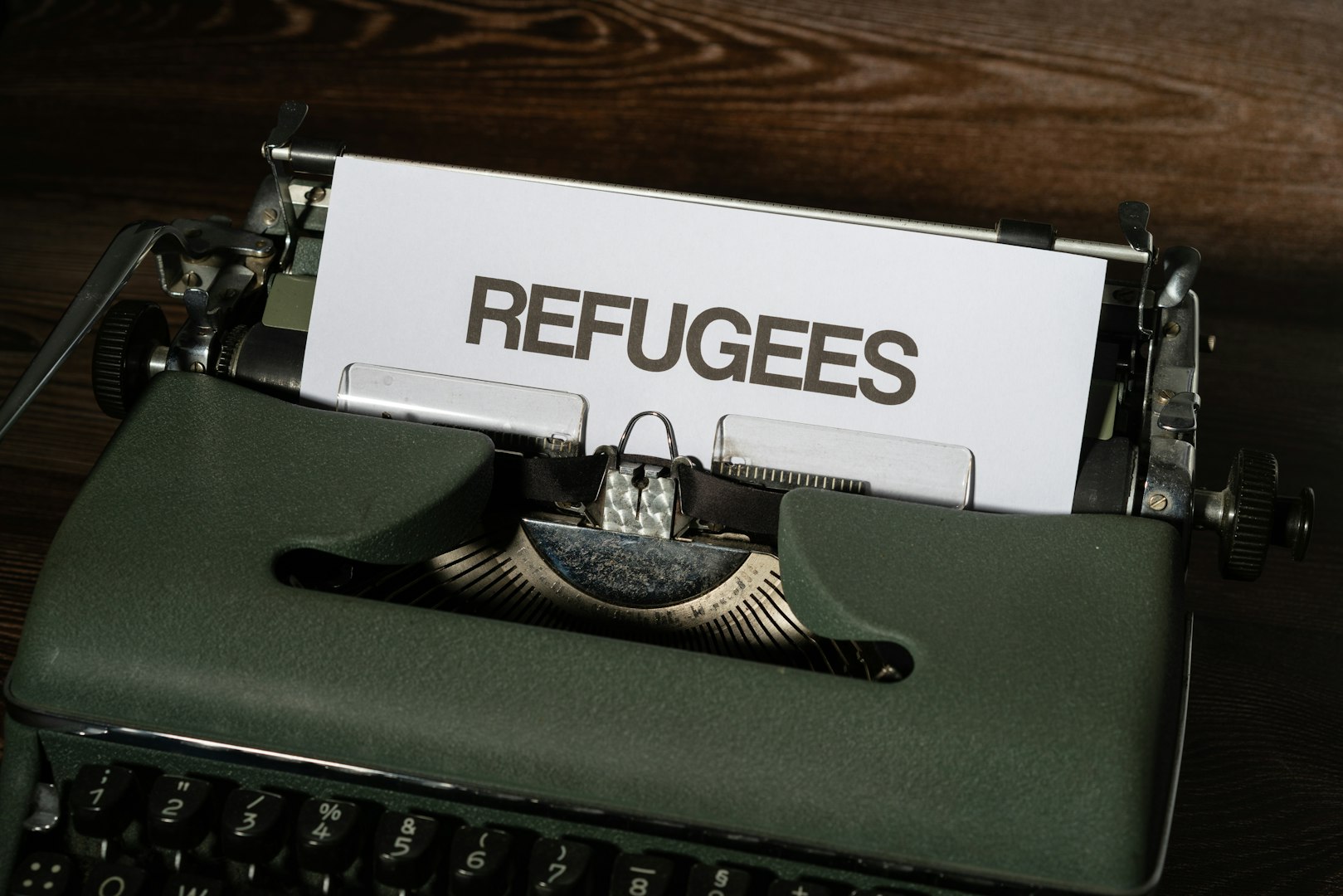(647)928-8506
CANADIAN IMMIGRATION
REFUGEE
Dhaliwal & Dhaliwal LLP is committed to assisting individuals in Canada seeking protection in navigating the Complexities of the refugee claim and appeal process.
Refugee Claim/ Asylum
Understanding Refugee Claims
A refugee claim is a legal process through which individuals seeking protection from persecution, war, or violence in their home country can request asylum in Canada. The process is designed to assess whether you meet the criteria for refugee status under Canadian and international law.
Who Can Make a Refugee Claim?
You may be eligible to make a refugee claim in Canada if:
You Fear Persecution: You have a well-founded fear of persecution due to race, religion, nationality, membership in a particular social group, or political opinion.You Have Suffered Serious Harm: You have experienced or are at risk of serious harm if you return to your home country.You Are Outside Your Home Country: You are currently outside your country of origin and cannot return due to the fear of persecution or serious harm.
Steps Involved in the Refugee Claim Process
Step 1: Make Your Claim
To make a refugee claim in Canada, you must present yourself to a border official, immigration officer, or at an Immigration, Refugees, and Citizenship Canada (IRCC) office. You can also make a claim at a port of entry or within Canada if you are already here.
Step 2: Complete the Basis of Claim Form
Once your claim is initiated, you must complete a Basis of Claim (BOC) form. This detailed form includes information about your personal history, reasons for fleeing your home country, and any evidence supporting your claim.
Step 3: Attend an Eligibility Interview
You will be required to attend an eligibility interview with the Refugee Protection Division (RPD) of the Immigration and Refugee Board (IRB). During this interview, you will provide detailed information about your claim.
Step 4: Attend a Hearing
If your claim is deemed eligible, you will be scheduled for a refugee hearing where you will present your case before the RPD. This hearing allows you to explain why you fear returning to your home country and provide evidence to support your claim.
Step 5: Await a Decision
After your hearing, the RPD will issue a decision on your refugee claim. If your claim is approved, you will be granted refugee status and may apply for permanent residence. If denied, you have the right to appeal the decision.
Refugee Appeal (RAD)
If your refugee claim is rejected, you have the option to appeal the decision to the Refugee Appeal Division (RAD) of the IRB. An appeal allows you to challenge the RPD's decision based on errors in law, fact, or procedural issues.
Steps Involved in the Refugee Appeal Process
Step 1: Review the Decision
Carefully review the decision letter from the RPD to understand the reasons for the rejection. This will help you identify the grounds for your appeal.
Step 2: File Your Appeal
Submit a Notice of Appeal to the RAD within 15 days of receiving the RPD’s decision. Ensure that your appeal is well-documented and addresses the specific issues raised in the decision.
Step 3: Prepare Your Case
Prepare and gather any additional evidence or arguments to support your appeal. This may include new evidence that was not available at your original hearing.
Step 4: Attend the Appeal Hearing
You may be required to attend an appeal hearing before the RAD. During this hearing, you will present your case and argue why the RPD's decision should be overturned.
Step 5: Await the Appeal Decision
After the appeal hearing, the RAD will make a decision. If the appeal is successful, you will be granted refugee status. If the appeal is denied, you may have further options for recourse, including judicial review.


